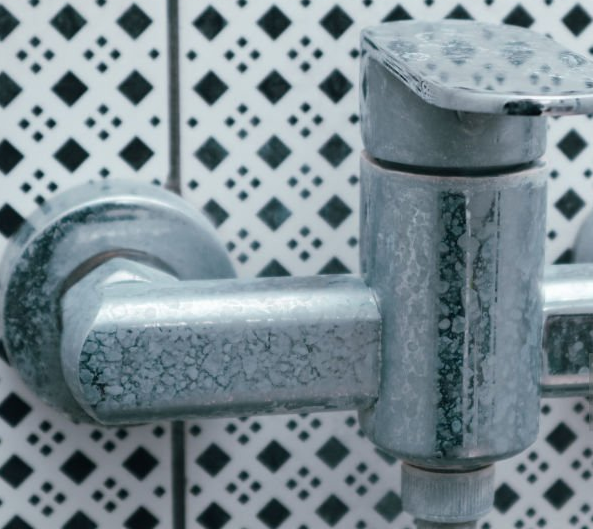
In the bustling environment of a commercial kitchen, maintaining the highest standards of hygiene is not just important, it's imperative. Undercounter dishwashers offer many benefits and play a pivotal role in this hygienic crusade especially for kitchens that need a compact cleaning solution for dinnerware and tableware. Neglecting their maintenance and cleanliness can lead to a breeding ground for bacteria, compromising not just the integrity of the dishes but also the health of customers.
Understanding the Importance of Regular Cleaning
Regular cleaning of undercounter dishwashers is not just about keeping the machine looking good; it's about ensuring it operates efficiently and hygienically. Food residue, grease, and limescale can accumulate over time, leading to decreased performance, unpleasant odours, and a potential haven for harmful bacteria.

Step-by-Step Cleaning Procedures
Undercounter dishwasher cleaning and maintenance should be a regular part of kitchen life.
- Remove Food Residue: Before any cleaning process, ensure that all dishes are removed and any food debris is cleared from the machine. This simple step prevents blockages and maintains a clear path for water jets.
- Use the Right Detergent: Using the correct type of detergent is crucial. Commercial dishwashers require specialised detergents that are different from those used in domestic machines. These detergents are formulated to deal with the higher volume and types of residue found in a commercial setting.
- Clean the Interior Thoroughly: Pay particular attention to corners and hard-to-reach areas where moisture and food particles can accumulate. These spots are hotbeds for bacteria and mould growth. Regular cleaning of these areas ensures a hygienic environment within the machine.
- Inspect and Clean the Door Seals: Door seals can harbour food particles and moisture. Regular wiping and inspection for wear and tear can prevent leaks, reduced performance and contamination. This is also an ideal time to measure water temperatures and ensure that your equipment is operating within recommended guidelines.
- Maintain Spray Nozzles and Wash/Rinse Arms: These components are crucial for the effective operation of the dishwasher. Ensure they are free from blockages and functioning correctly.
- Filter Maintenance: Regularly empty and clean the filters to prevent blockages and ensure efficient operation.
- Drain the Machine: Properly draining the equipment helps in removing any residue and prevents odours.
- Refill Detergents and Rinse Aids: Ensure that detergent and rinse aid dispensers are appropriately filled for optimal cleaning results.
- Run an Empty Cycle: After cleaning, run an empty cycle to clear any remaining cleaning agents.
- Leave the Door Open: Post-cleaning, leave the door ajar to allow the machine to air dry and prevent the build-up of odours.
Top Tip: Maintain a strict cleaning schedule that details each task, when it was carried out and by whom.
Descaling: A Crucial Aspect
Descaling is an essential maintenance task for any commercial dishwasher. This should be performed approximately every six months, or more frequently if you notice a decline in performance. Limescale build-up can significantly impair the efficiency of the machine.

The Role of Water Softeners
In areas with hard water, using a water softener can greatly reduce the rate of limescale accumulation. This not only prolongs the life of your dishwasher but also reduces the frequency of descaling interventions.
Always remember, the manufacturer's user manual is your best guide. It contains specific instructions and recommendations tailored to your particular model. Adhering to these guidelines not only ensures the longevity of your dishwasher but also maintains the highest standards of hygiene – a non-negotiable aspect in any food service establishment.
Regular maintenance and cleaning of your undercounter dishwasher is not just about compliance; it's about commitment to quality, hygiene, and efficiency in your commercial kitchen operations.


